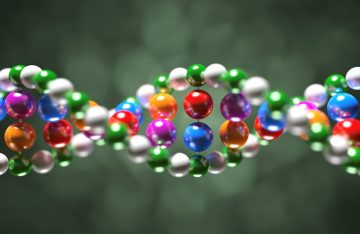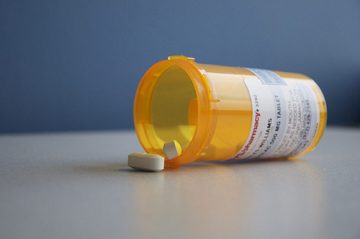Research Priorities
Wearable brain devices marketed to consumers raise ethical questions
By dcc2012 | May 22, 2019
Neuroethicist Judy Illes recommends caution with wearable brain devices
Award supports research into broad-spectrum childhood cancer treatments
By dcc2012 | May 22, 2019
Mads Daugaard is given carte blanche to discover solid tumour treatments for children.
Mining 25 years of data uncovers a new predictor of age of onset for Huntington disease
By Camilo Trujillo Sanchez | May 16, 2019
UBC researchers have uncovered a genetic variant that significantly influences age of onset in patients.
A new way of diagnosing and treating disease — without cutting skin
By dcc2012 | May 15, 2019
UBC researchers develop new laser microscope that could be ‘revolutionary’ for treatment of diseases such as skin cancer.
Kids with harder to manage diabetes improve the most from insulin pumps
By dcc2012 | May 9, 2019
New research led by Brenden Hursh suggests clinicians may need to rethink which children are offered this treatment.
Huntington drug successfully lowers levels of disease-causing protein
By dcc2012 | May 6, 2019
An international clinical trial has found that a new drug for Huntington disease is safe and lowers levels of disease-causing protein.
Are Canadians kept in the dark about potential drug safety risks?
By dcc2012 | April 29, 2019
Government warnings about potential drug safety risks vary significantly across countries, according to a new study co-authored by UBC researchers.
Most British Columbians support policies to boost vaccine uptake: New research
By Reyhana Heatherington | April 24, 2019
According to the study, more than 80 per cent of respondents held positive attitudes towards immunization.
UBC’s Kim McGrail is leading an $81M initiative to increase access to health research data
By dcc2012 | April 23, 2019
The new platform will make it easier for researchers to access and analyze health research data.
Global leader in precision cancer drug design joins the faculty of medicine
By Reyhana Heatherington | April 17, 2019
Dr. Sriram Subramaniam is recognized as a global leader in the emerging field of cryo-electron microscopy.









